Table of Contents
Scarlett Johansson, the iconic actress known for her roles in blockbuster movies, has publicly called out OpenAI for allegedly using a voice in its ChatGPT software that sounds strikingly similar to hers without her consent. This controversy erupted when Johansson revealed that she had declined an offer to voice the AI but discovered that the company proceeded with a voice resembling her own.
The Initial Offer from OpenAI
In September, OpenAI CEO Sam Altman approached Scarlett Johansson with a proposal to lend her voice to ChatGPT’s 4.0 system. Altman believed that Johansson’s voice would provide comfort to users. Despite the flattering offer, Johansson turned it down due to personal reasons.
Johansson’s Reaction to the ‘Sky’ System
Johansson was taken aback when she heard the demo of OpenAI’s new system, “Sky.” The voice in the demo bore an uncanny resemblance to hers, leading her to feel shock, anger, and disbelief. According to Johansson, her friends, family, and the general public also noted the similarity, which amplified her concerns.
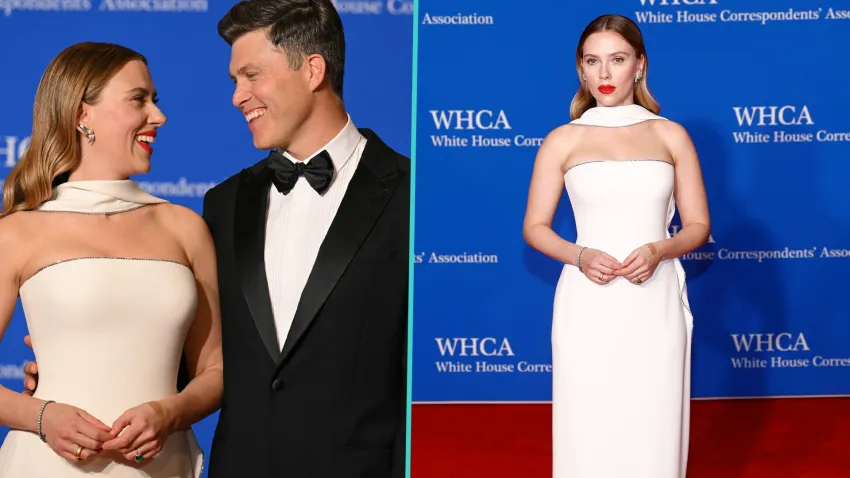
Public Outcry and Legal Action
Upon hearing the demo, Johansson didn’t stay silent. She swiftly took legal action, hiring legal counsel and sending letters to OpenAI. Her team demanded that the company cease using the ‘Sky’ voice, which Johansson claims was done without her permission.
OpenAI’s Response
In response to the backlash, OpenAI issued a statement on May 19, addressing the concerns surrounding the ‘Sky’ voice. The organization denied intentionally replicating Johansson’s voice, stating that the voice used was from a different professional actress. To respect the privacy of their voice talents, OpenAI chose not to disclose the names of the voice actors involved.
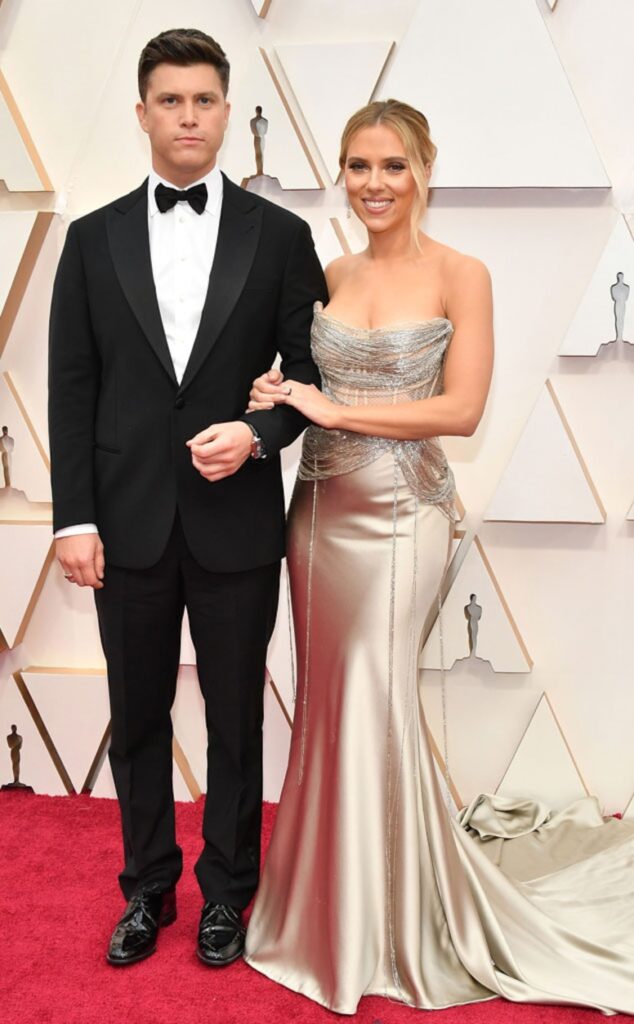
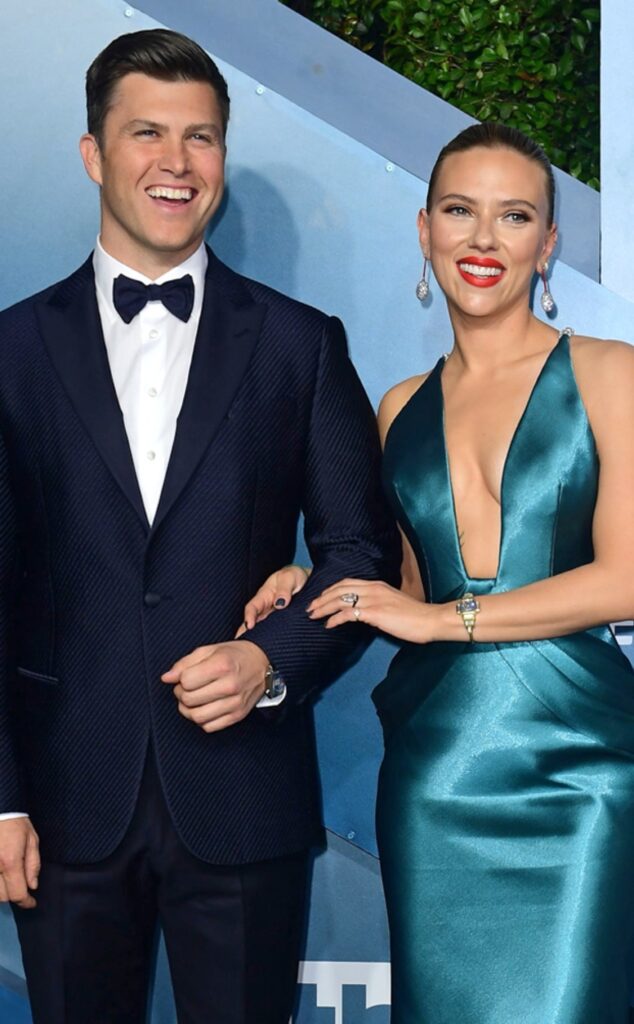
Deepfakes and the Importance of Voice Rights
Johansson’s case brings to light the broader issue of deepfakes and the protection of one’s likeness and identity. In an era where technology can easily mimic voices and appearances, safeguarding individual rights has become more critical than ever.
The Ethical Implications of AI Voices
The ethical considerations of using AI-generated voices are vast. Celebrities and everyday individuals alike face the risk of their voices being used without consent. This case underscores the need for clear regulations and ethical guidelines in the development and deployment of AI technologies.
Read More: Remembering Dickey Betts: Allman Brothers Co-Founder and Southern Rock
Johansson’s Call for Legislative Action
Scarlett Johansson has emphasized the need for legislative measures to protect individual rights against unauthorized use of their likenesses. She advocates for transparency and appropriate laws to ensure that no one’s identity is exploited without consent.
The Role of AI in Entertainment
AI technology has been making significant inroads into the entertainment industry. From deepfake technology to AI-generated voices, the possibilities are endless. However, this also raises questions about the ethical use of such technologies and the need to balance innovation with respect for individual rights.
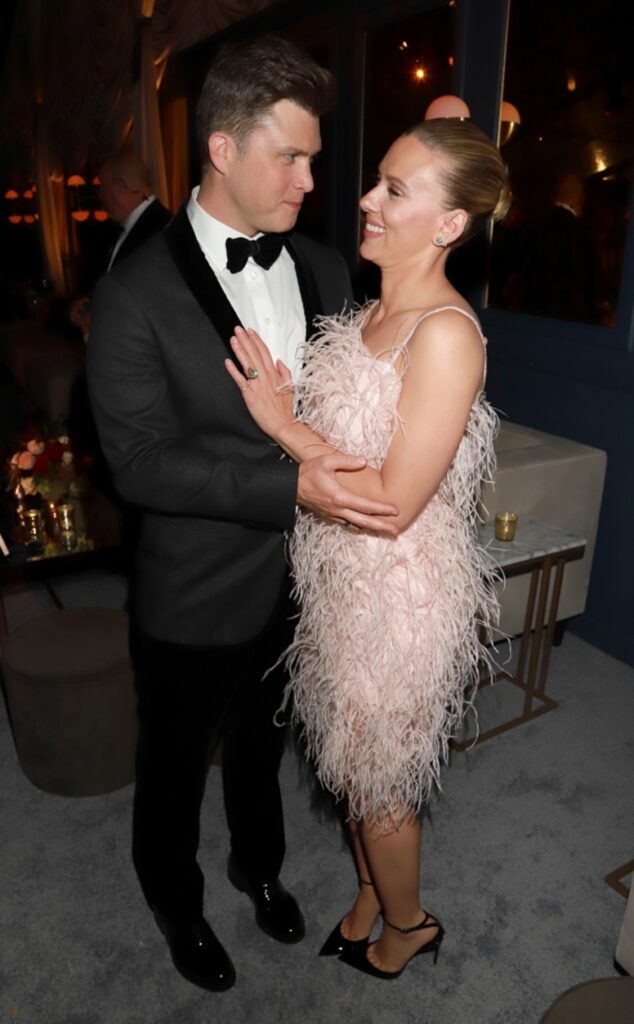
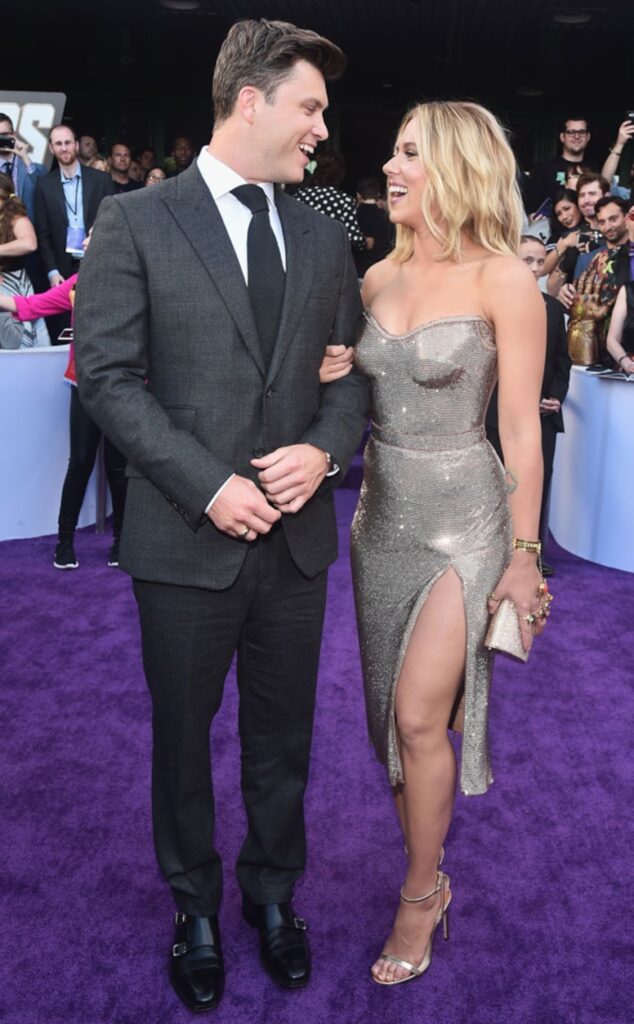
Balancing Innovation and Privacy
While AI can revolutionize the entertainment industry, it is essential to strike a balance between innovation and privacy. Companies must navigate the fine line between leveraging technology for progress and respecting the rights and identities of individuals.
The Future of AI Voices
The future of AI-generated voices is both exciting and fraught with challenges. As technology continues to evolve, it will be crucial for developers, policymakers, and the public to work together to create frameworks that protect individual rights while fostering innovation.
Read More: Cannock Chase Heritage Trail: Animations Bring History to Life
OpenAI’s Commitment to Addressing Concerns
OpenAI has expressed its commitment to addressing the concerns raised by Johansson and others. The organization is pausing the use of the ‘Sky’ voice while it reviews its processes and ensures that its practices align with ethical standards.
Celebrity Voices in AI: A Growing Trend
Using celebrity voices in AI is becoming a growing trend. However, this trend also brings to the fore issues of consent and compensation. Celebrities, like all individuals, have the right to control how their voices and likenesses are used.
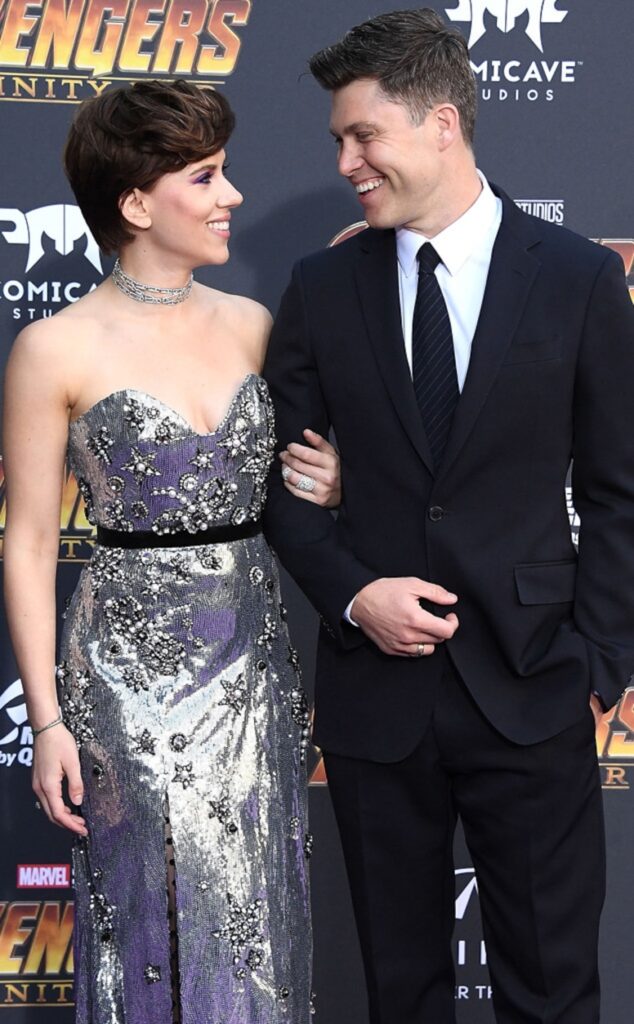
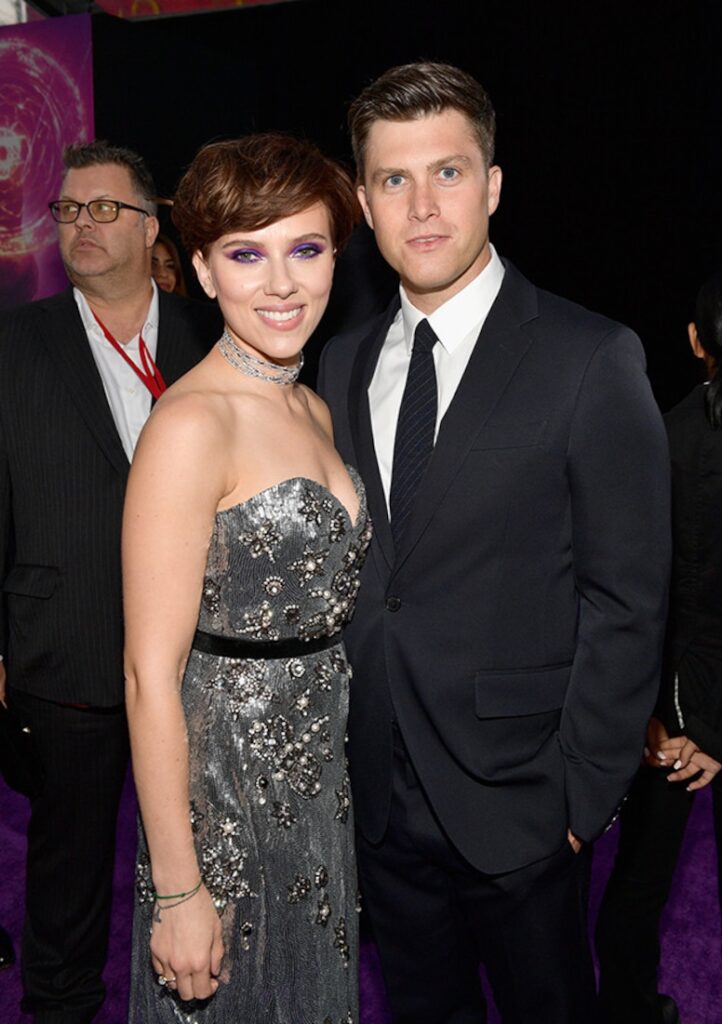
The Impact on Voice Actors
The controversy also highlights the impact on professional voice actors. Ensuring that their work is not exploited or misrepresented is vital. Clear contracts and ethical guidelines are essential in protecting the interests of voice actors in the AI era.
Protecting Individual Rights in the Digital Age
As we navigate the digital age, protecting individual rights has never been more important. Cases like Johansson’s serve as a reminder of the need for vigilance and proactive measures to safeguard our identities in an increasingly digital world.
The Role of Transparency
Transparency from companies developing AI technologies is crucial. Users and individuals whose likenesses might be used need to be fully informed and give explicit consent. This transparency builds trust and ensures ethical practices.
Conclusion
Scarlett Johansson’s stand against the unauthorized use of a voice resembling hers in OpenAI’s ChatGPT underscores the need for ethical considerations in AI development. As technology advances, protecting individual rights and ensuring consent are paramount. Johansson’s call for transparency and legislation serves as a crucial reminder that innovation must be balanced with respect for personal identity and rights.
FAQs
1. What prompted Scarlett Johansson to take legal action against OpenAI?
Johansson took legal action after discovering that OpenAI used a voice in its ChatGPT system that sounded eerily similar to hers without her consent.
2. How did OpenAI respond to Johansson’s allegations?
OpenAI denied intentionally replicating Johansson’s voice and stated that the voice belonged to a different professional actress. They also paused the use of the ‘Sky’ voice to address the concerns.
3. Why is the issue of deepfakes and voice replication important?
The rise of deepfakes and voice replication technology raises significant ethical and privacy concerns. Protecting individual rights and ensuring consent is crucial in preventing misuse and exploitation.
4. What does Johansson advocate for in terms of legislative action?
Johansson calls for transparency and appropriate legislation to protect individual rights against the unauthorized use of their likenesses and identities in AI technologies.
5. How can the entertainment industry balance innovation and privacy?
The entertainment industry can balance innovation and privacy by implementing clear ethical guidelines, ensuring transparency, and obtaining explicit consent from individuals before using their voices or likenesses in AI applications.

